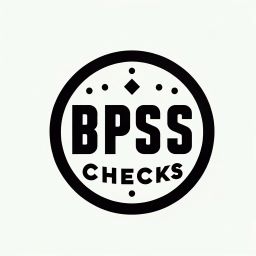
Can potential employers check your sickness record?
best pre employment background check
Providing evidence of at least three years of employment history is an important requirement for BPSS clearance. HMRC tax records and National Insurance contributions can be used to validate your employment history.
Organizations that fail to properly conduct BPSS clearance may face significant risks, including security breaches and legal consequences. Ensuring that all employees undergo BPSS clearance before taking on roles that involve access to sensitive information is key to maintaining operational security and complying with national security regulations.
Military personnel, from soldiers to strategists, also require BPSS clearance due to their access to classified military operations and strategic information. The clearance is essential to safeguard national security and operational integrity within the armed forces.



